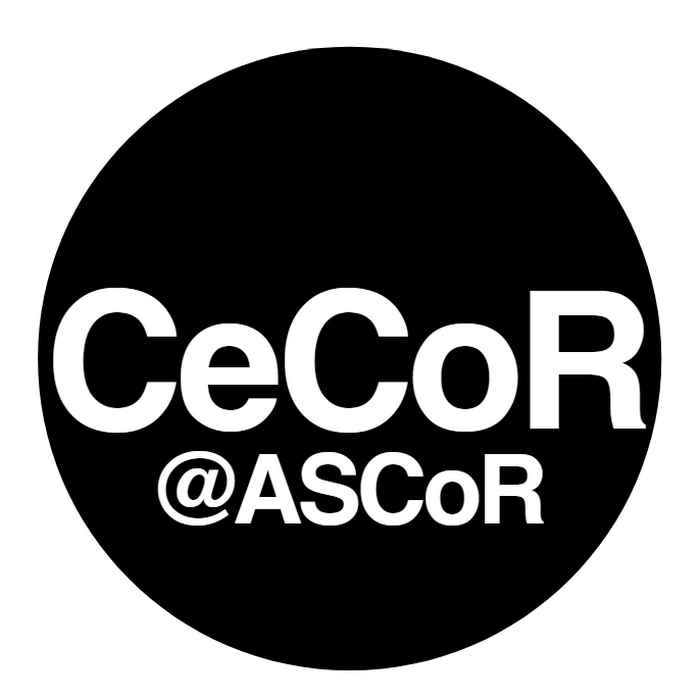Hyper-partisan, alternative and conspiracy media
CeCoR@ASCoR
- Date
- 8 December 2022
- Time
- 16:00 -17:00

As sites fostering polarizing misinformation and conspiracies on the pandemic, hyperpartisan, alternative and conspiracy (HAC) media were a source of concern during the COVID-19 crisis. In his research, he provides a portrait of HAC media users during the first wave of the pandemic, detailing
- who consumed HAC media on COVID-19 during this time
- how these consumers accessed HAC COVID-19 media online, and
- the relationship that HAC COVID-19 media consumption had on participants' subsequent opinions of the pandemic.
He does so by conducting panel surveys before and after the first lockdowns in Germany and Switzerland and combining them with web tracking data capturing participants' actual online behaviour.
The results show that the defining characteristics of people exposed to HAC media during the pandemic were their distrust of the government, their ideological placement on the political extremes, their higher political interest, and their lower income levels. He demonstrates that social media was a quintessential entry point for such media during this period, far outpacing its relative share for mainstream media. Lastly, he will show that those who consumed HAC media developed distinct opinions about the threat posed by COVID-19.
About the speaker
Ernesto de León is a PhD candidate in political communication at the Institute of Communication and Media Studies at the University of Bern, in Switzerland. His research focuses on political information flows in a digital age and its effects on political attitudes. Specifically, his dissertation centers on media consumption and its effects during the outbreak of the COVID-19 pandemic, documenting how news exposure can mold political attitudes crucial in the study of public opinion. To conduct his research, Ernesto makes use of quantitative and computational methodologies to explore web behaviour and social media use, as well as to conduct large-scale automated content analyses through text-as-data approaches.
More information about the work of Ernesto de León
For more information about this event, please reach out to Valeria Resendez